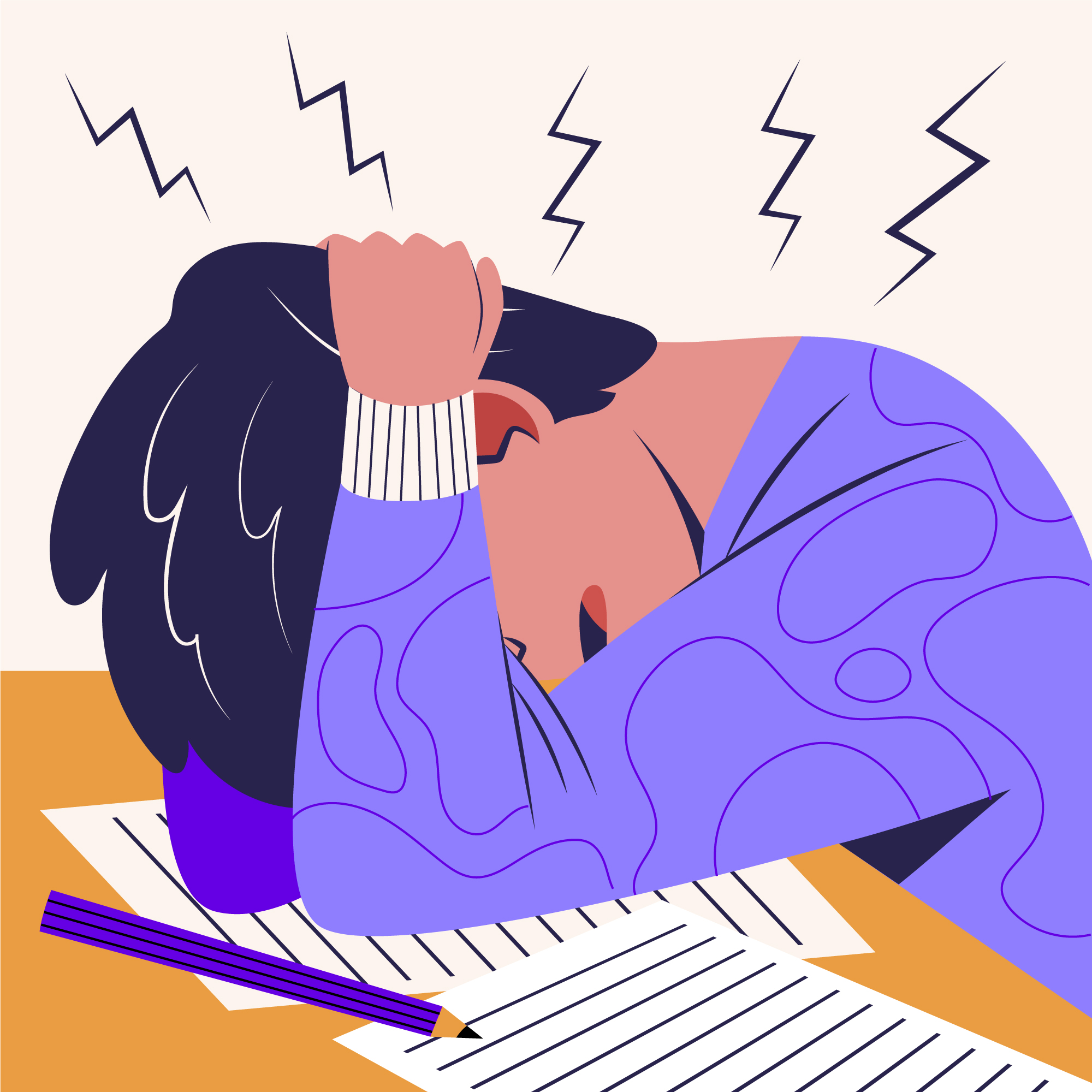How Nutrition Can Help Reduce Anxiety and Stress for a Calmer Mind
It’s no wonder, as anxiety and stress is often due to a fear of the unknown,
… and since the pandemic, life has felt quite different, and hard to predict.
We’ve never felt so uncertain, in modern times.
Jobs are changing, lifestyles are evolving and everything seems to be going through a shift.
Have you felt it recently?
… it’s like an international shift, that’s outwith our control.
No wonder there are so many people feeling stressed out these days.
But there’s one thing that we need to ensure, and that is our stress must be tamed.
Why is reducing stress so important? I hear you ask
… because stress is one of the main causes of the development of disease.
There’s no end to the stressors in modern life, from the cost of living crisis to the ongoing threat of world war 3, it’s hard to keep focused on things that bring us joy.
However, that is exactly what we should be doing.
Spending time on things that bring us joy, like gardening, hobbies or dedicated time with family can all curb feelings of stress.
In this article we delve into how nutrition can help reduce anxiety, and why it should be a priority to reduce stress in your life. Read on to find out more…

“Stress is one of the main causes of the development of disease”
5 Common Symptoms of Stress Disease
- Insomnia & irritability
- Lack of energy
- Mental fog
- Migraines
- Nausea
Learn more: Heart-Brain Axis: Stress Takes A Huge Toll On Our Brains
Chronic Stress and Its Impact on Long-Term Health
When you’re stressed, your body pulls energy away from other tasks like digestion and immunity to make sure that the body is ready to address any threatening situations. When we’re under stress, it becomes difficult to digest and absorb all the nutrients that we take in. As a result, our body’s immune system also starts to dwindle as it tries to focus on dealing with the high-stress levels. That’s why, If stress is prolonged and becomes chronic, it can lead to serious conditions such as:
- Depression
- Hypertension (high blood pressure)
- Arrhythmia (irregular heartbeat)
- Atherosclerosis (narrowing and hardening of the arteries)
- Increased risk of heart-related illnesses
- Heart attack risk
- Digestive Issues, such as heartburn, ulcers, and irritable bowel syndrome (IBS)
- Stomach cramps, constipation, and diarrhoea
- Fluctuations in weight
- Changes in sexual desire
- Fertility issues
- Worsening asthma or arthritis symptoms
- Skin issues like acne, eczema, and psoriasis
The Impact of Stress on Digestive Health & Nutrient Absorption
Learn more: 8 Signs of Hormonal Imbalance You Probably Didn’t Know About
In addition to all of this our bodies find it hard to digest and absorb the nutrients that we consume. This happens because the body is focused on responding to the perceived threat instead of routine maintenance, during periods of high stress. Consequently, the immune system weakens as it concentrates its efforts on addressing the threat. When this persists over a long time the intestinal lining can become weak (also known as leaky gut). When this happens our stomach lining can lose its strong barrier and allow bacteria and toxins into the body.
Five Essential Nutrients to Reduce Stress
- Vitamin C: Stress and tissue damage go hand-in-hand, that’s why vitamin C can be good for us when we’re stressed out. It has anti-inflammatory properties and is required for collagen synthesis. Vitamin C also helps to protect our skin from damage by ultraviolet radiation.
Vitamin C can be found in foods such as bell peppers, strawberries, broccoli, grapefruit, kale, and oranges.
- Folate (Vitamin B9): Folate is required to synthesise neurotransmitters (beneficial hormones) such as serotonin. Making it essential during stressful situations. Serotonin helps us feel happy by reducing depression and anxiety levels. It also helps us sleep better. On the flip side, low serotonin levels are known to worsen depression and anxiety, so it’s important to boost serotonin with vitamins like folate.
Folate can be found in tofu, beans, peas, lentils and spinach.
- Magnesium: Magnesium is used by our cells to synthesise calcium, which allows our muscles to move. Magnesium also helps relax muscles by stimulating receptors in the brain that produce dopamine. Dopamine can help maintain a healthy immune system while also reducing feelings of stress.
Magnesium can be found in seeds, nuts, beans, whole grains and dark leafy green vegetables.
- Omega-3 fatty acids: are a type of cat that can help reduce inflammation in the body. Omega-3 fatty acids can also help reduce feelings of irritability during stressful periods. In one Harvard study researchers found that taking high levels of Omega-3 fatty acids reduced anxiety symptoms the most.
Omega-3 fatty acids can be found in algae, flax seeds and walnuts.
- Ashwagandha: is an evergreen shrub that has been used for centuries in traditional Ayurvedic medicine to treat a variety of conditions. One of these uses is to help reduce stress levels. Ashwagandha helps balance the hormones in our body, reducing our overall stress response. Additionally, ashwagandha is also an adaptogen, which means that it helps the body better cope with stressors both emotionally and physically.
You can drink ashwagandha tea, take ashwagandha supplements or include ashwagandha in your diet.
Key Takeaways
When stressed, it becomes difficult for our bodies to digest and absorb nutrients. Because our body’s immune system goes into fight or flight mode. Which means absorption is not the main focus at that time. To keep up with this increased demand for nutrients, try adding more nutrient-dense foods into your diet, such as those containing high amounts of vitamin C, folate and magnesium. In periods of high stress it can be a good idea to take a high quality multivitamin and other stress busting supplements like ashwagandha and magnesium.
Related Products.
No Results Found
The page you requested could not be found. Try refining your search, or use the navigation above to locate the post.

